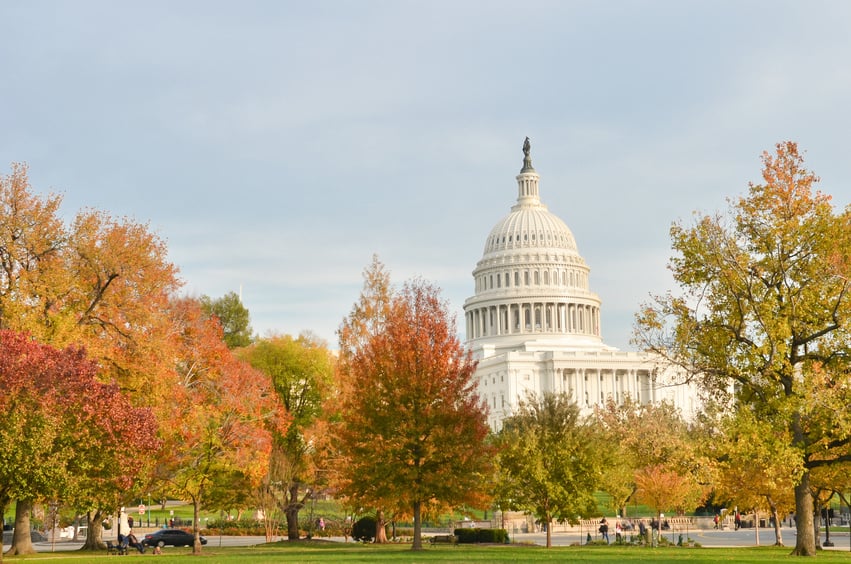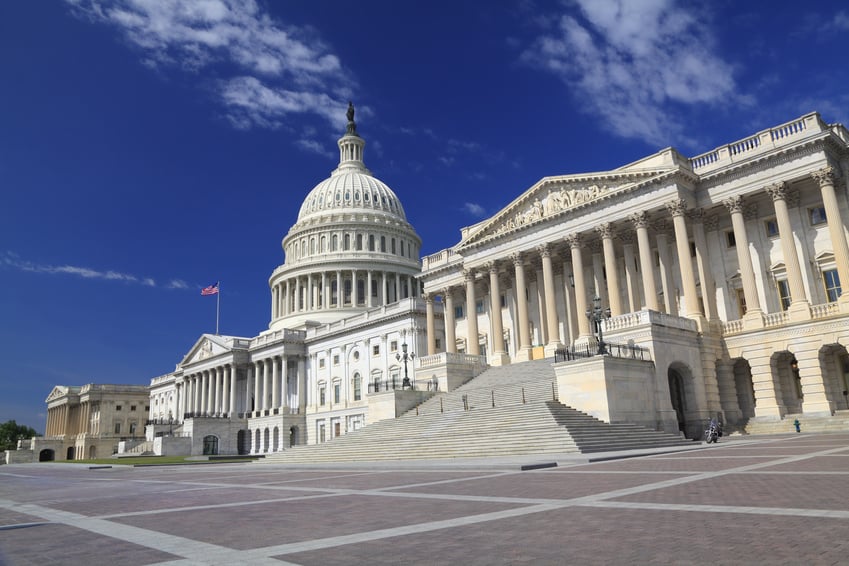Both the Antitrust Division of the US Department of Justice (DOJ) and the Federal Trade Commission (FTC) (collectively, “Agencies”) have submitted a joint Statement of Interest in a third-party dispute currently active in the Federal District of New Jersey. The Statement clarifies the Agencies’ positions on price fixing through the use of algorithms. The third-party dispute involves a class action against casino hotels in the Atlantic City, New Jersey area.
The Federal Trade Commission has just announced its annual adjustment to the notification thresholds that determine whether proposed transactions may trigger a filing obligation under the Hart-Scott-Rodino (HSR) Antitrust Improvements Act of 1976, as amended. The corresponding adjustments to the HSR filing fee schedule also were included in the announcement. The adjusted notification thresholds and filing-fee schedule will apply to transactions that close on or after the effective date, which will be 30 days after publication in the Federal Register and no earlier than 26 February 2024.
On 18 December 2023, the Antitrust Division of the US Department of Justice (DOJ) and the Federal Trade Commission (FTC) jointly issued their highly anticipated final version of the 2023 Merger Guidelines . The issuance of the Guidelines follows the agencies’ release of draft guidelines in July and the conclusion of a public notice-and-comment period. The Guidelines set out how the agencies assess whether mergers and acquisitions threaten anticompetitive harm in violation of US antitrust laws.
Most notably, the newly issued Guidelines retained the lower thresholds for establishing presumptions of anticompetitive harm — including if the merger gives the combined firm more than 30% market share. Additionally, the Guidelines outline a holistic approach for analyzing vertical mergers.
The US Federal Trade Commission (FTC) and the US Department of Justice Antitrust Division (DOJ) (together “Agencies”) each have recently taken enforcement actions that demonstrate renewed attention on interlocking directorates (in which individuals simultaneously serve as directors on the boards of competing companies). Interlocking directorates are prohibited under Section 8 of the Clayton Act unless one of its de minimis exceptions applies. Those exceptions are dependent upon the volume of revenues derived from products sold by the operative companies in competition with one another.
On 19 July 2023, the Department of Justice’s Antitrust Division (DOJ) and the Federal Trade Commission (FTC) jointly released new draft merger guidelines for public comment. The guidelines are intended to explain how the DOJ and FTC will assess whether future mergers and acquisitions may violate US antitrust law. These guidelines represent another step in the Biden Administration’s effort to increase aggressive merger enforcement.
On 27 June 2023, the Federal Trade Commission, with the concurrence of the Assistant Attorney General for the US Department of Justice’s Antitrust Division, announced proposed changes to the premerger notification form and associated instructions and rules that implement the Hart-Scott-Rodino (HSR) Act. The proposed changes represent an expansion and reorganization of the information collected on the HSR form.
The Antitrust Division of the Department of Justice announced that it reached a settlement in its litigation challenge against ASSA ABLOY AB’s proposed USD 4.3 billion acquisition of Spectrum Brand Holding Inc.’s Hardware and Home Improvement division. The settlement, which came in the middle of trial and is now subject to court approval, is the first negotiated settlement under DOJ Assistant Attorney General Jonathan Kanter. Notably, comments from the judge during the trial suggested skepticism towards the DOJ’s position and potential difficulties for the DOJ in winning its case. Without the settlement, this case may have been next in a recent number of DOJ litigation losses.
On 3 February 2023, the US Department of Justice announced the withdrawal of three antitrust policy statements that allowed certain information exchanges between competitors in healthcare markets. The day before this announcement, Principal Deputy Assistant Attorney General Doha Mekki of DOJ Antitrust Division warned that DOJ would reconsider these outdated policy statements in light of recent changes in the healthcare industry.
The Federal Trade Commission has just announced its annual adjustment to the notification thresholds that determine whether proposed transactions may trigger a filing obligation under the Hart-Scott-Rodino Antitrust Improvements Act of 1976, as amended, which will apply to transactions that close on or after 27 February 2023.
President Joe Biden’s omnibus spending package included three pieces of new antitrust legislation: (1) the Merger Filing Fee Modernization Act; (2) the State Antitrust Enforcement Venue Act; and (3) the Foreign Merger Subsidy Disclosure Act. The Merger Filing Fee Modernization Act will alter filing fees for transactions requiring antitrust review under the Hart-Scott-Rodino Act. The new fee structure will reduce filing fees for smaller transactions, while significantly increasing fees for the largest ones.








